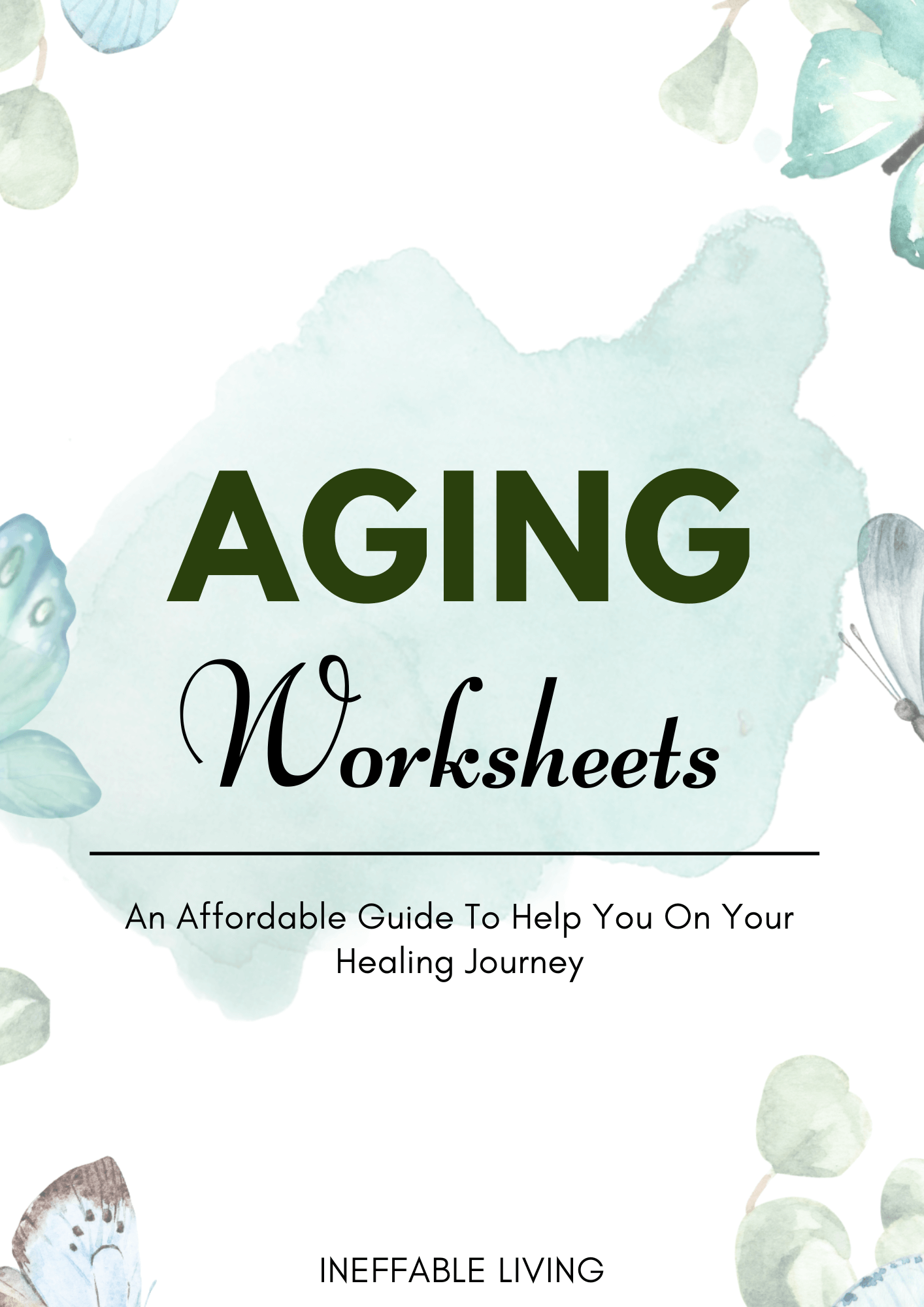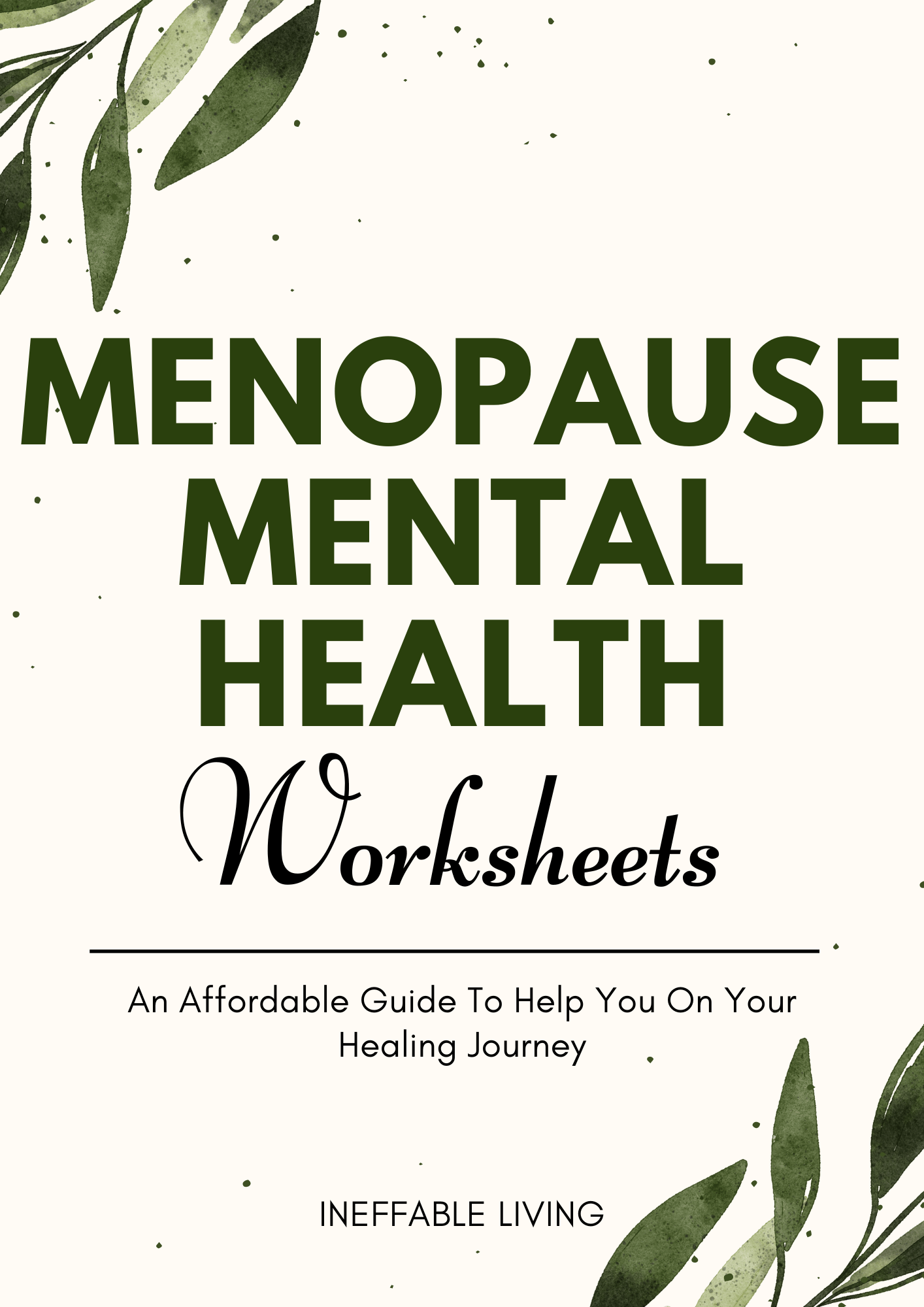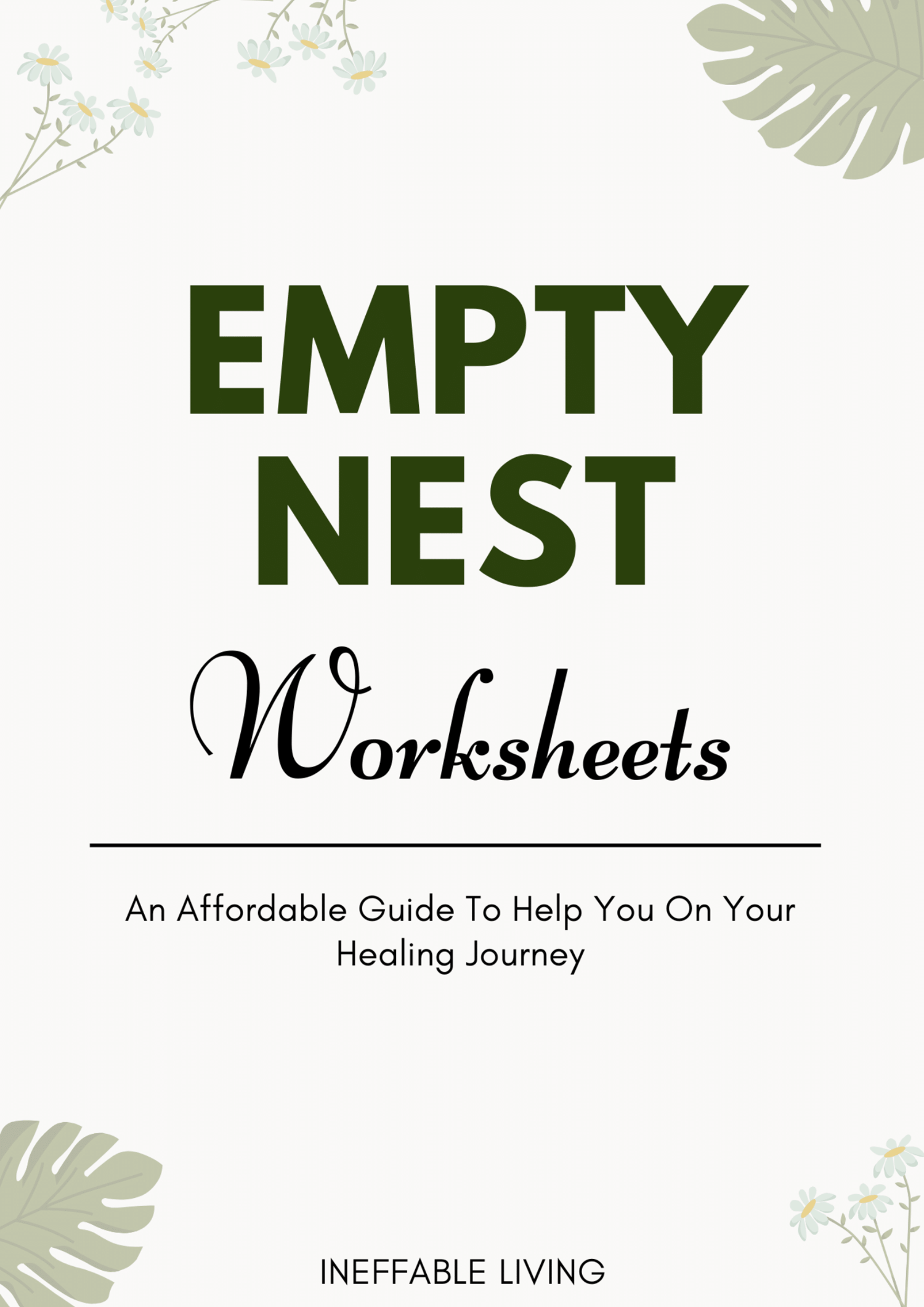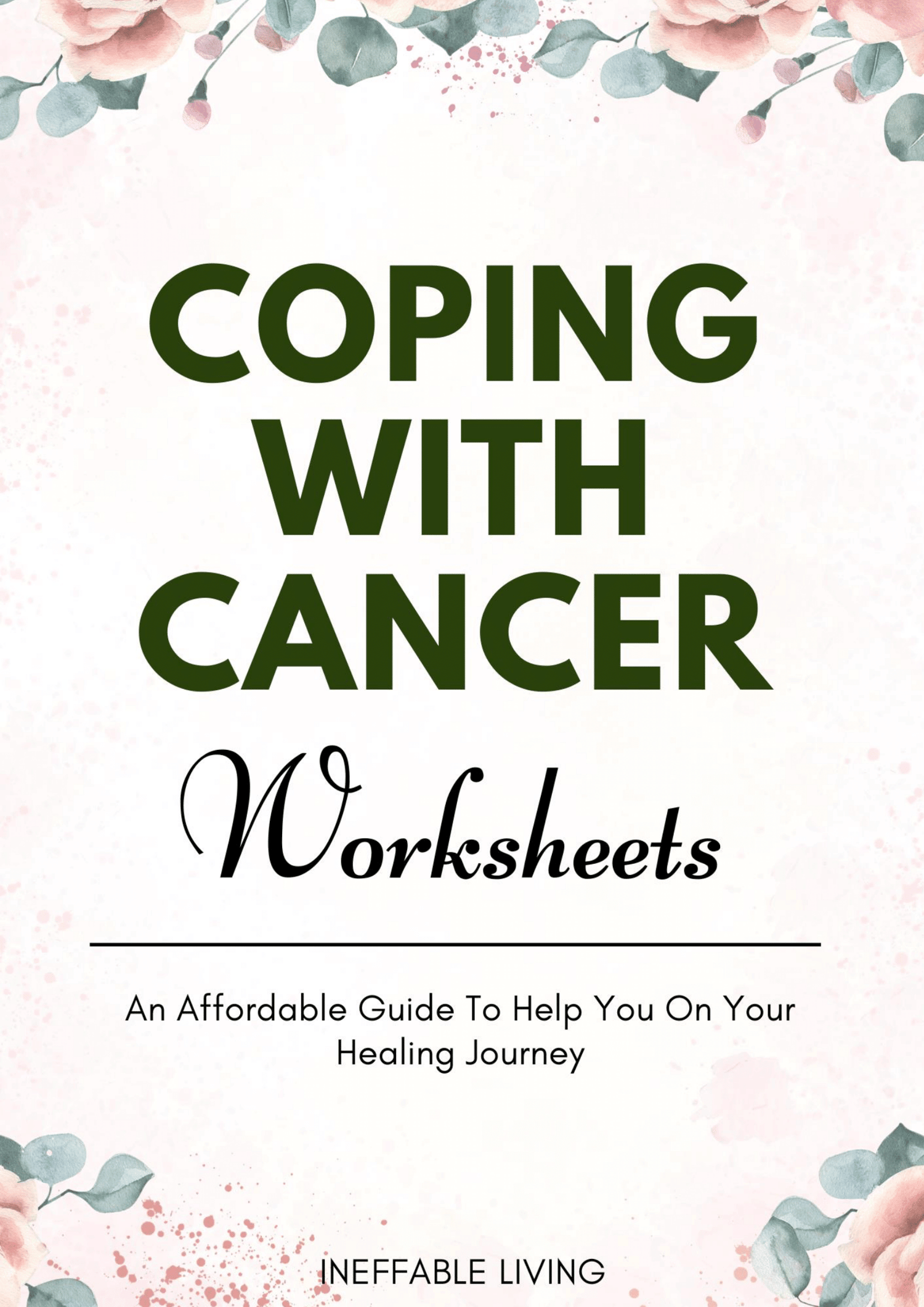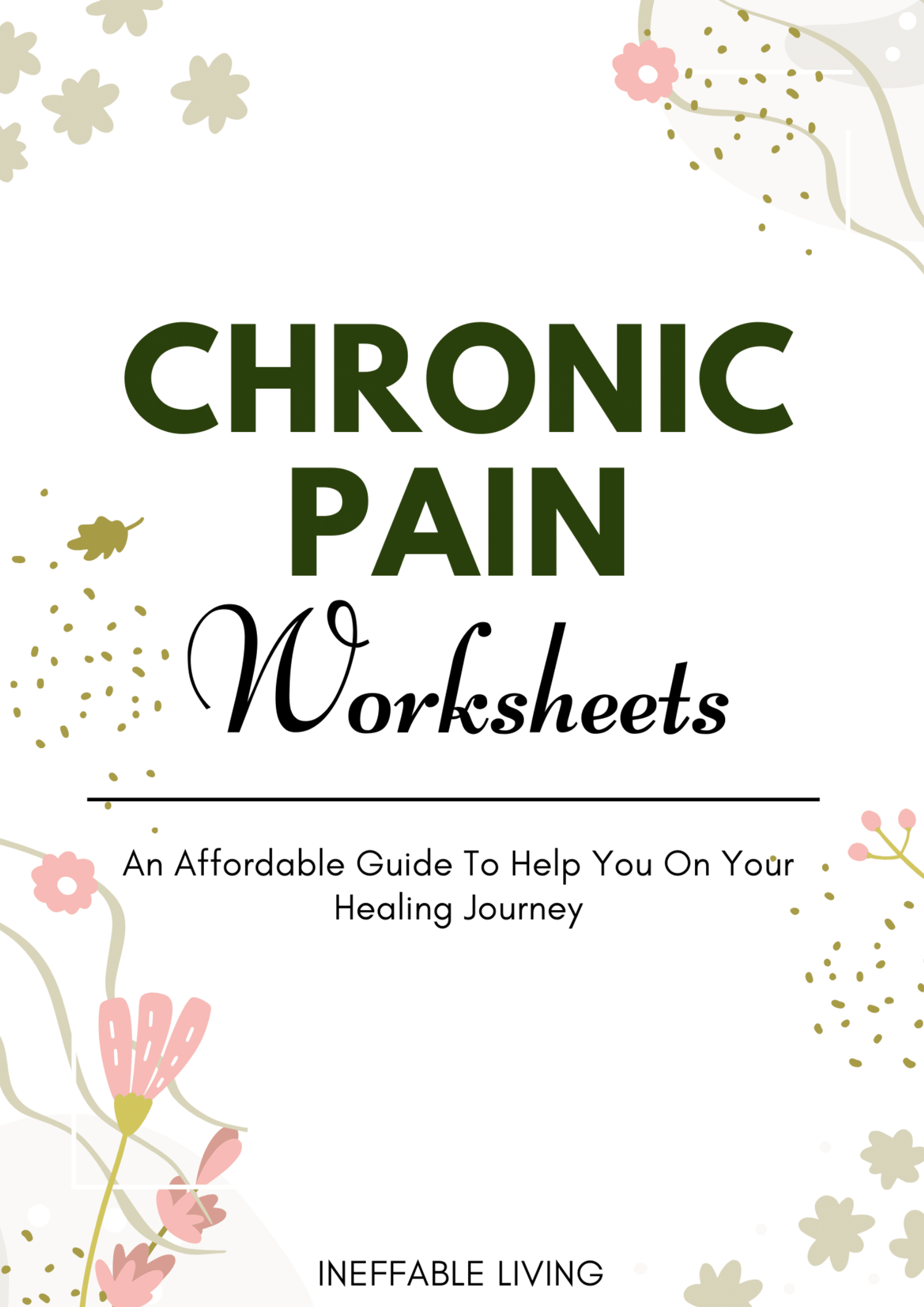Aging can be a deeply emotional experience. As the years go by, our roles shift, our bodies change, and we’re often left navigating unfamiliar feelings — grief, identity loss, fear of the future, or even a quiet sense of invisibility. If you’ve ever found yourself wondering “Who am I now?” or “What’s next for me?” — you are not alone.
The truth is, aging is not a decline — it’s a transition. And mental health worksheets can offer meaningful support as you move through it with clarity and strength.
The Emotional Weight of Aging
Aging isn’t just about physical health. It also affects:
- Your sense of purpose (especially after retirement or major life changes)
- Your emotional landscape (including loneliness, anxiety, and regrets)
- Your relationships (with adult children, partners, or friends who have changed or gone)
- Your self-image (as you adjust to how you’re seen — or not seen — by society)
It’s easy to feel lost in the process. But this stage of life also holds room for deep reflection, healing, and rediscovery.
1. Aging Well Worksheets
Reflect, reframe, and rediscover purpose as you navigate life transitions with emotional clarity and self-compassion.
2. Menopause Mental Health Worksheets
Support your mind through hormonal shifts with tools to manage mood swings, anxiety, and identity changes.
3. Empty Nest Syndrome Worksheets
4. Coping with Cancer Worksheets
Find emotional strength during treatment or survivorship with grounding prompts, hope-building exercises, and mental clarity.
5. Chronic Pain Worksheets
Ease the emotional toll of long-term pain with tools to manage frustration, depression, and daily overwhelm.
How Worksheets Can Help
Mental health worksheets are more than paper prompts — they’re tools for grounding, organizing thoughts, and reconnecting with yourself.
They offer:
- Gentle reflection on past experiences and current emotions
- Structured ways to manage anxiety, grief, or sadness
- Opportunities to reframe limiting beliefs about aging, worth, and meaning
- Space to rediscover what still brings you joy, peace, and fulfillment
You don’t need to be in therapy to benefit — worksheets are private, flexible, and easy to revisit as often as needed.

Read Testimonials –> HERE
FAQs
Can I use the worksheets with my therapy clients?
Absolutely! The worksheets are meant for both, personal and professional use.
The worksheets are copyrighted so you can’t resell them or upload them publicly online. But you can share them with your clients.
Can I make changes to the files before handing them down to my clients?
Absolutely! You can convert your PDF files to word documents and make changes using free tools like pdf2doc.com.
How do I know if these worksheets are right for me?
These worksheets are perfect for anyone who needs an affordable, yet effective strategies to help them increase their self-awareness and work on their own issues – alone or with their therapist.
These worksheets are not a one-size-fits-all approach and are in no way meant to imply that change is as one-dimensional as a worksheet.
So choose the techniques and suggestions that apply to you and tailor the exercises in ways that will be helpful to you.
Can I use these worksheets on my own or should I seek professional guidance?
These worksheets are designed to be helpful on their own. However, seeking professional guidance from a mental health professional can increase their effectiveness.
How do I use mental health worksheets effectively?
1. Set aside dedicated time: Find a quiet and comfortable space where you can focus on yourself without distractions. Treat this as valuable self-care time, just like you would for any other important appointment.
2. Choose the right worksheet: There are numerous worksheets available, each offering unique exercises and prompts. Consider your specific needs and goals. Are you looking to enhance self-awareness, manage stress, or improve your relationships? Select a worksheet that aligns with your current focus.
3. Read instructions carefully: Take a moment to fully understand the purpose and instructions of the worksheet. Clarify any questions you may have before proceeding.
4. Engage in self-reflection: Set pen to paper and let your thoughts flow. Don’t worry about perfection or judgment – this is your private space to express yourself authentically. Be honest with yourself and explore your emotions, thoughts, and experiences without restraint.
5. Reflect on your insights: After completing the worksheet, take some time to reflect on what you have learned about yourself. Consider any patterns or triggers that impact your mental well-being. Identify areas where you can implement positive changes or coping strategies.
6. Incorporate your insights into daily life: The true value of mental health worksheets lies in applying your newfound awareness and insights to your everyday life. Consider how you can integrate these insights into your relationships, self-care routines, and overall well-being.
When should I see a therapist?
These worksheets are designed to help you better understand yourself, your distress, and your difficulties.
You can use it in conjunction with therapy or as a stand-alone guide to manage your distress.
These worksheets can be considered a low-intensity intervention. They’re perfect for those who are struggling with mild to moderate issues.
In mental health, mild to moderate symptoms are those that are severe enough to be distressing to you, but moderate enough that you can still manage most of your daily activities.
If you feel very overwhelmed by any of the exercises in these worksheets, this might be a sign that your symptoms are too severe for you to do the work by yourself.
A therapist will help you at your own pace and provide support and encouragement throughout the process.
Do you have more questions? Check this page –> FAQs
